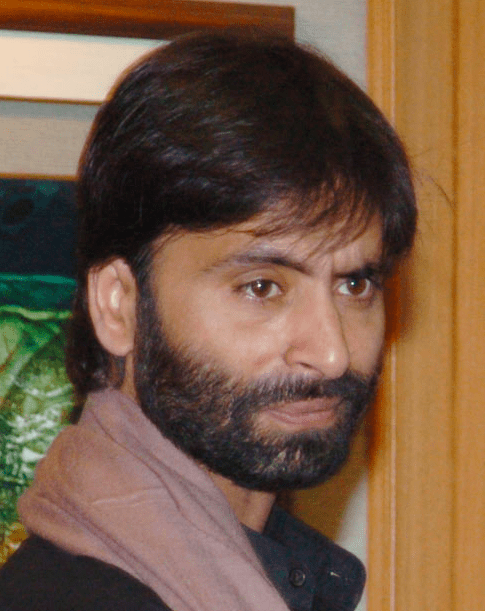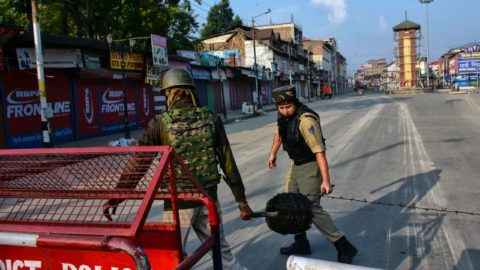On December 27th, Mirwaiz Muhammad Umar Farooq, was barred from leaving his house to lead…
Kashmiri prisoners in Tihar jail deprived of phone calls, families in distress
On 25th July, Kashmiri prisoners in New Delhi’s Tihar jail stated that they are being deprived of their right to make phone calls to their families.
This has caused immense distress among the families who are already worried about the well-being of their loved ones.
Tihar Jail is one of the biggest prison complexes of South Asia, known for its overcrowded conditions and denial of rights.
The denial of phone calls is seen as a deliberate attempt to isolate the prisoners from their families and communities. Many of these prisoners are political detainees who have been incarcerated for their activism and advocacy for Kashmir’s right to self-determination.
Families of the prisoners have expressed their anguish over the lack of communication, stating that it has added to their already existing fears about the conditions in which their loved ones are being held. The situation is particularly concerning given the reports of poor living conditions and inadequate medical care in Tihar jail.
To take an example, since 2018, Kashmiri pro-freedom leader Asiya Andrabi has been held in Tihar jail, where a court order from July 13, 2023, allowed her to maintain phone contact with her family. This order, which remains valid unless revoked by a higher court, was a reiteration of a 2022 directive issued due to impediments by prison authorities. Despite this, Andrabi and other Kashmiri prisoners are being denied regular phone calls, with prison authorities advising them to seek further court intervention.
Kashmiri political prisoners, Shabir Shah and Yasin Malik, who are incarcerated in the same jail, have been denied communication with their loved ones for more than three months.
This restriction violates Chapter 8 of the Delhi Prison Manual, which guarantees prisoners the right to communicate with their families, and disregards the standing court order. The continued hardship faced by Kashmiri prisoners appears to be a targeted measure, as they have been vocal in challenging prison authorities over their rights.
The denial of phone calls to Kashmiri prisoners is part of a broader pattern of mistreatment and human rights violations that they face while in custody. Despite repeated appeals from human rights organizations, the Indian authorities continue to deny these prisoners their basic rights, further exacerbating their suffering.




